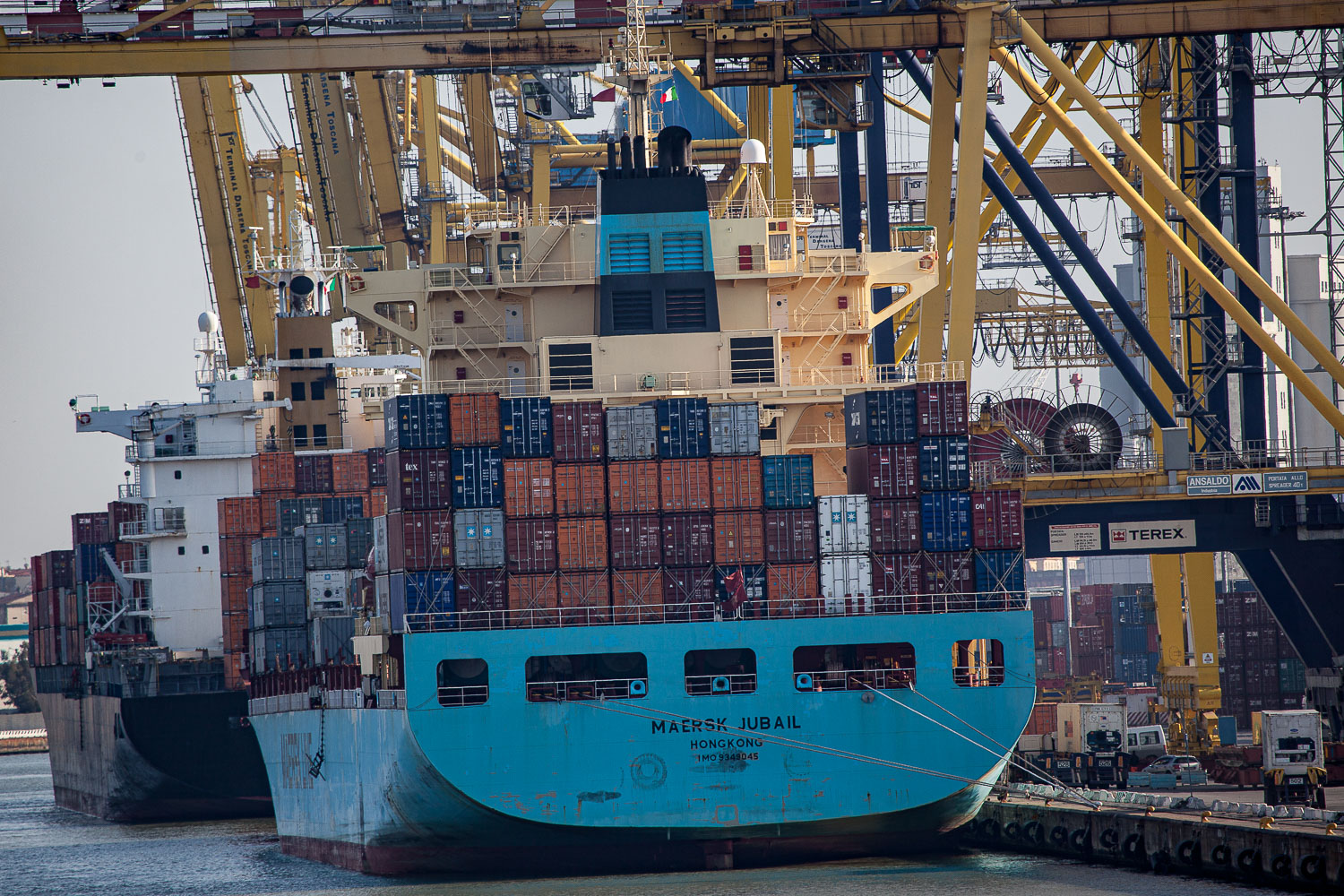Over the last few days, Maersk sent a strong, clear message to the shipping industry: the decarbonization of maritime transport is a target that can no longer be postponed and tangible results must be achieved within a short period of time.
The world’s largest shipping company is ready to take a gamble and has announced that its first carbon-neutral ship running on bio-methanol will enter service in 2023, seven years ahead of schedule.
The next 15 years will be crucial in reducing emissions from our road and sea transportation routes. This is something that is now indisputable. Attempts to accelerate the path to zero impact transport are less noticeable and, given the current scenario, seem at best vague.
Although they have the virtue of setting a new benchmark on an issue that is now at the top of the agenda of many, if not all, governments around the world, initiatives such as those taken by Maersk represent a challenge for the shipping world. Not so much from a technological point of view: there are many projects in an advanced stage of definition on the widespread adoption of bio-methanol as an alternative energy source to hydrogen. The challenge, if anything, is the lack of infrastructure capable of guaranteeing the supply and distribution of the new green fuel.
There are many important questions that Maersk’s announcement has left pending. Questions that are currently without answers and that risk invalidating the group’s decision to reduce the impact of its activities on the climate. For the shipping line, sustainable ships will be, at least in the initial phase, a premium product with a clear appeal to customers with carbon neutrality at the top of their list. Indeed, the success of the project is based on the assumption that customers will embrace the revolutionary product and strengthen collaboration with fuel producers, technology partners and developers to rapidly increase production.
But it is clear that these are, at least for the moment, just hopeful guesses. Nonetheless, the decision of the big Danish company will certainly put pressure on the entire shipping elite. If Maersk can take the plunge, why can’t CMA CGM, MSC, Hapag Lloyd or other carriers follow suit?
Some people, even outside the containerized transport sector, are already making their moves in the green challenge. The Belgian oil transport company Euronav has announced that it will soon purchase two new Suezmaxes and ensure that they can run on ammonia.
The truth is that the launch of the European Green Deal in December 2019 and the additional pressure coming from the Next Gen EU oblige international institutions to revise energy policy legislation and targets to reflect the higher climate protection aspirations.
Is halving emissions by 2050 still an ambitious target? Perhaps it was in 2018 when the IMO first launched its emission reduction strategy. Today, it is no longer the case. The world has changed considerably over the last three years. Shipping companies are clamouring for carbon taxes (taxes on energy sources that emit carbon dioxide into the atmosphere) while producers are competing to see who can perform better in terms of producing carbon-neutral energy.
Maersk’s announcement represents a major turning point compared to the recent past. Will the shipping world be able to rise to the challenge and take a big step forward on the path to decarbonization?
Translation by Giles Foster




